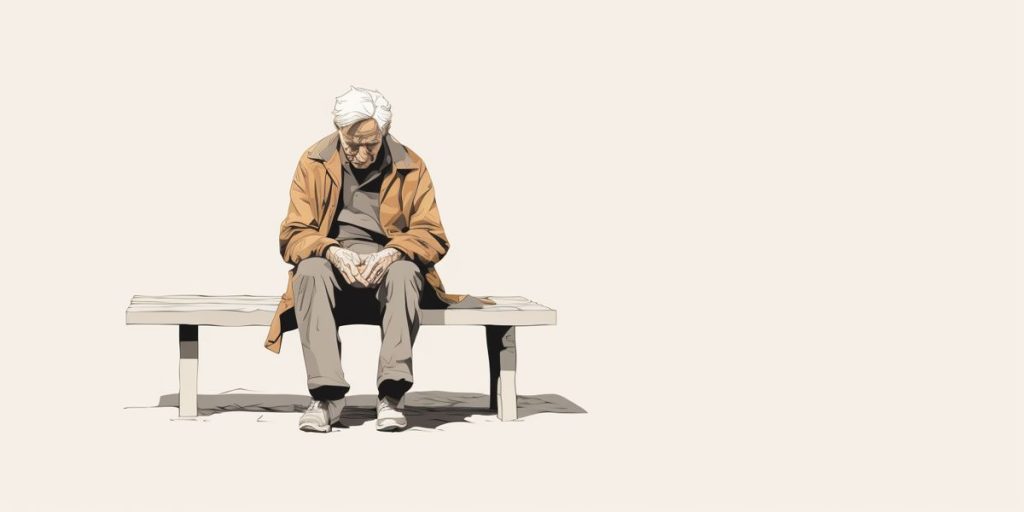Elderly abuse is a growing concern in society, with a significant increase in incidents over the past decade. The abuse includes physical violence, neglect, economic exploitation, and emotional torment, and often goes unreported, especially when family members are the perpetrators. It is crucial to take action and raise awareness to protect the dignity and well-being of older adults.
What is the main concern about elderly abuse in society?
Elderly abuse is a serious and growing concern in society, with a significant increase in incidents over the past decade. It includes physical violence, neglect, economic exploitation, and emotional torment. The elderly often fear reporting abuse, especially when family members are the perpetrators. Action and awareness are crucial to protect the dignity and well-being of older adults.
Escalating Incidents of Elderly Mistreatment
It’s become increasingly apparent that elderly abuse has intensified significantly over the past ten years. The Third Age Observatory has shed light on this disturbing trend, revealing a surge in the number of elder abuse cases perpetrated by those entrusted with their care. Distressingly, domestic helpers, nursing home staff, and even medical personnel have been implicated in these acts of mistreatment.
The Many Faces of Elder Abuse
Abuse towards older adults isn’t limited to physical violence. It manifests in various forms, including neglect, economic exploitation, and emotional torment. A staggering number of elderly are reportedly too frightened to seek help, fearing repercussions that may arise from reporting their abusers. This fear is particularly acute when the perpetrators are their own family members.
A Cry for Help: Understanding the Statistics
Within the span of eleven months, the Third Age Observatory received 220 calls related to elder abuse. Alarmingly, the majority of these calls were anonymous, suggesting a widespread reluctance to come forward. According to Demos Antoniou, the observatory’s chairman, the predominant types of abuse reported were physical harm, emotional abuse, and financial exploitation.
The observatory’s statistics are disconcerting, with domestic workers accounting for 40 percent of the alleged abusers. These findings highlight a significant vulnerability among the elder population in the privacy of their homes, where they should feel safest.
Breaking the Silence
Professor Constantinos Fellas has called for a societal shift, urging a more open discourse on this sensitive issue. He noted that the elderly are a highly vulnerable group, second only to children, with one in six individuals over 60 experiencing abuse worldwide. The professor stressed the need for systematic recording of abuse cases, emphasizing that without accurate data, the true scope of this problem remains obscured.
The Alarming Reality Behind Closed Doors
Heart-wrenching stories have surfaced from the depths of these abuses. There have been instances where the elderly were coerced into signing over their property to their children, only to be subsequently forced out of their homes or into nursing facilities against their wishes. Other reports include a domestic helper who exploited an elderly woman’s privacy and dignity, uploading nude pictures of her to the internet. Tragically, there have also been cases where the failure to administer essential medication led to the death of an elderly person.
Taking a Stand
The need for awareness and action is clear as the incidence of elder abuse continues to rise. Elderly individuals, who have contributed so much to society, deserve to live their twilight years with dignity and respect, free from harm and exploitation. As a community, it’s our collective responsibility to safeguard their well-being and ensure that they are treated with the compassion and care they rightfully deserve.
Quick Recap:
- Elderly abuse is a growing concern in society, with a significant increase in incidents over the past decade.
- The abuse includes physical violence, neglect, economic exploitation, and emotional torment, and often goes unreported, especially when family members are the perpetrators.
- The Third Age Observatory has revealed a surge in the number of elder abuse cases perpetrated by those entrusted with their care, including domestic helpers, nursing home staff, and medical personnel.
- The majority of elder abuse calls to the observatory were anonymous, suggesting a widespread reluctance to come forward.
- Professor Constantinos Fellas has called for a societal shift, urging a more open discourse and systematic recording of abuse cases to address this issue.

